
OR
VVIP rooms at Bir, TUTH empty while millions spent on checkups abroad
Published On: August 27, 2016 04:30 AM NPT By: Arjun Poudel
KATHMANDU, Aug 27: Bir Hospital renovated its VVIP cabin spending around Rs 3 million some two years, but the VVIPs go to hospitals abroad even for general checkups and minor treatment, incurring millions in costs to the state coffers..
The Ministry of Health (MoH) had provided a grant to the hospital to renovate the cabin following severe criticism from the general public and mass media at senior politicians seeking checkups abroad at government expense.
However, no VVIP has gone to Bir Hospital for treatment in the last two years. The hospital has locked up the renovated cabin, in which even members of the royal family used to receive treatment.
The sophisticated and thoroughly equipped cabin has been gathering dust for at least two years now.
Similarly, Tribhuvan University Teaching Hospital (TUTH) has installed a deluxe cabin for VVIPS at the special request of the government. But no VVIP has ever used the cabin.
KP Sharma Oli, who recently stepped down as prime minister, left for Thailand on Thursday for a regular checkup. Former prime minister Sher Bahadur Deuba, who is president of the Nepali Congress (NC), left for Singapore on Friday, also for a checkup. And it is learnt that former president Dr Ram Baran Yadav is going to India soon for treatment.
Neither Oli nor Deuba has taken a letter of recommendation from the medical board formed by the National Academy of Medical Sciences (NAMS). Such a recommendation is mandatory for receiving financial aid from the government. In the past, politicians would receive treatment in foreign hospitals and later submit thei bills to the government. Decisions to honor the bills are generally taken by a cabinet meeting.
“Neither Deuba nor Oli has taken a recommendation letter from us,” Dr Bhupendra Basnet, director at Bir and a member of the NAMS medical board, said. He informed that former president Dr Yadav has taken a recommendation letter from the board for undergoing treatment in India. Dr Basnet said he does not know whether or not the treatment of Oli and Deuba is possible at Bir. “I would have been able to say if they had come to our hospital,” he said.
Dr Deepak Mahara, director at TUTH, also refused to comment on politicians visiting foreign hospitals for checkups. He said this is a serious matter as the public's trust in Nepali doctors and health facilities would have been boosted if such high-profile individuals had sought treatment inside the country.
“When treatment is not possible inside the country, it would not be a bad thing to visit hospitals abroad,” said veteran physician Dr Sundar Mani Dixit, adding that Deuba's visit to Singapore and Oli's to Thailand for health checkups are a complete waste of money.
“Once they reach power they think that the state coffers are their own property to be used as they wish,” said Dr Dixit. He claimed that the treatment of both Oli and Deuba was possible in Nepal.
RP Mainali, director of public relations at Norvic Hospital, also said that the treatment of both leaders was possible within the country. Norvic had diagnosed Oli and offered the best treatment possible at the hands of the seniormost doctors in the country, he claimed.
But Oli preferred to go to Thailand, where he was treated by a minor anesthesiologist.
“We can diagnose most of the ailments and provide world class treatment,” Mainali also claimed.
Meanwhile, government health facilities throughout the country have been reeling under an acute scarcity of essential as well as emergency drugs. Patients who are poor and go to government health facilities for treatment have been deprived of medicines like cetamol and oral dehydration solution (ORS) for months.
Anecdote: 1
In 1970, Queen Ratna Rajya Laxmi was critically injured when she was accidentally shot by King Mahendra while hunting in Tikapur jungle. The army suggested to King Mahendra to take Queen Ratna to Delhi, which was about an hour’s flight. It would take at least three hours to reach Kathmandu by Skyvan. Moreover, there were no night landing facilities at Tribhuvan International Airport (TIA).
Relations between King Mahendra and India were no so good then. Although India would have heartily welcomed Queen Ratna, the king rubbished the idea and decided to bring the critically injured queen to Kathmandu. The army used to practice aircraft landings with the help of torches. And that is how the Skyvan landed at the airport at 1 a.m. The operation started at 3 am at Bir Hospital. The operation was a success and Ratna is still alive.
Anecdote: 2
In 1971 King Mahendra suffered a major heart attack. Following his recuperation, the royal physicians suggest opening a coronary care unit (CCU) inside Narayanhiti Palace. There was no such facility in the country then. King Mahendra suggest starting the facility at Bir Hospital instead, where the poor from across the country seek quality care that is affordable. Since then, the hospital has been running an intensive care unit (ICU) and a CCU smoothly. The hospital had sent Dr Sundar Mani Dixit to Britain for CCU training.
Anecdote: 3
In 1985 then crown prince Dipendra developed a gallbladder problem and required immediate gallstone removal. Doctors suggested to the king and queen to send the crown prince to the UK for the operation but the king and queen insisted on conducting the surgery at Bir Hospital. Doctors at Bir successfully removed the gallstone.
Anecdote: 4
One day in 1989, Lokendra Bahadur Chand arrived at Bir Hospital for treatment. Dr Sundarmani Dixit, who was at the hospital at the time, proposed to admit him to the general ward instead of a special cabin. Chand agreed to Dr Dixit’s idea. Dr Dixit, who was sensitive about the reactions of Chand’s family, sought the consent of his two wives and then assigned him to bed no. 56 in the general ward. The status of the ward improved dramatically.
Anecdote: 5
BP Koiral went abroad for cancer treatment, as such treatment was not available in the country then. Koirala went abroad at private expense and did not lean on state coffers.
You May Like This
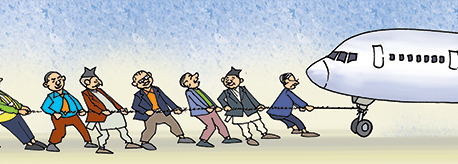
Millions spent in NAC officials’ trip abroad to see aircraft under maintenance
KATHMANDU, August 27: Around two dozen officials of Nepal Airlines Corporation (NAC) recently visited Singapore to ‘observe and inspect’ its aircraft... Read More...
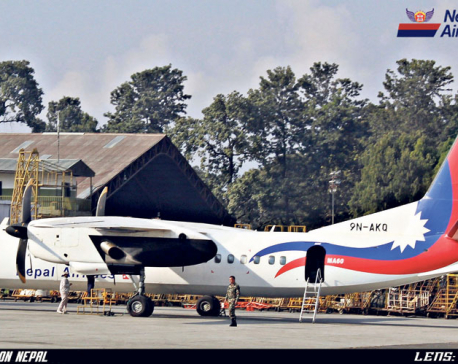
NA planes fly with empty seats while tickets are hard to get
KATHMANDU, July 18: Former chair of Federation of Nepalese Journalists (FNJ) Dhermendra Jha had to struggle to get a ticket... Read More...

Empty rooms
Pokhara is a wonderful place to be this time of the year. With the mercury dipping a notch around Dashain,... Read More...

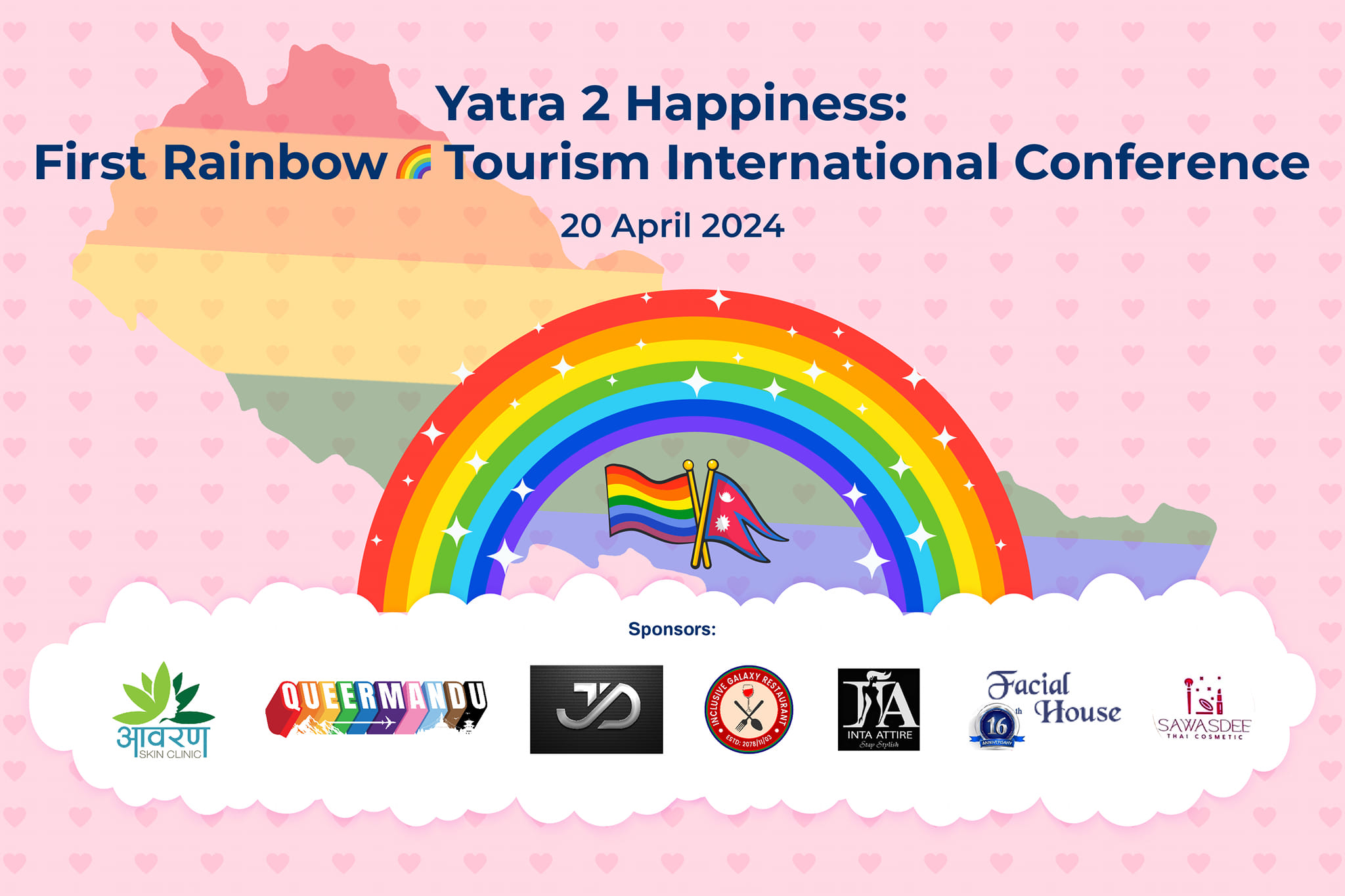
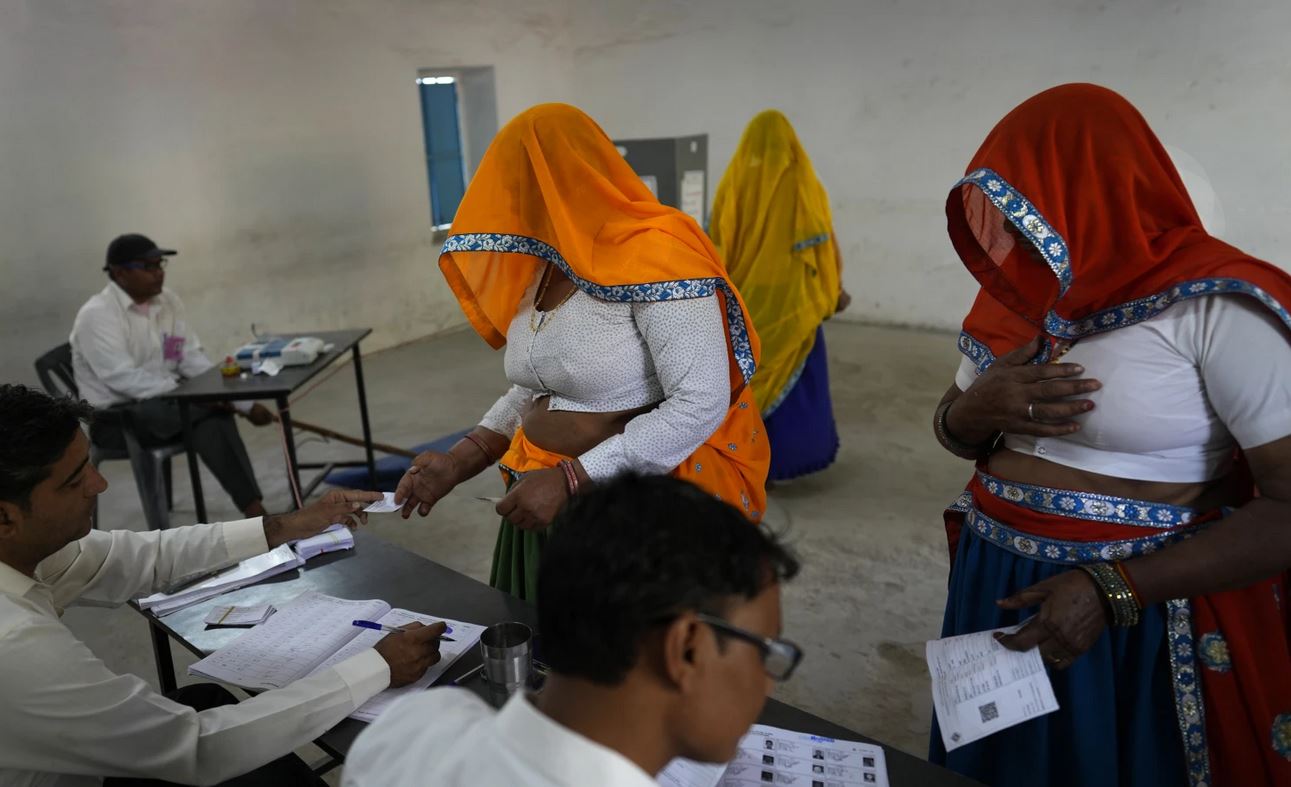

Just In
- Rainbow tourism int'l conference kicks off
- Over 200,000 devotees throng Maha Kumbha Mela at Barahakshetra
- Indians vote in the first phase of the world’s largest election as Modi seeks a third term
- Kushal Dixit selected for London Marathon
- Nepal faces Hong Kong today for ACC Emerging Teams Asia Cup
- 286 new industries registered in Nepal in first nine months of current FY, attracting Rs 165 billion investment
- UML's National Convention Representatives Council meeting today
- Gandaki Province CM assigns ministerial portfolios to Hari Bahadur Chuman and Deepak Manange






_20220508065243.jpg)



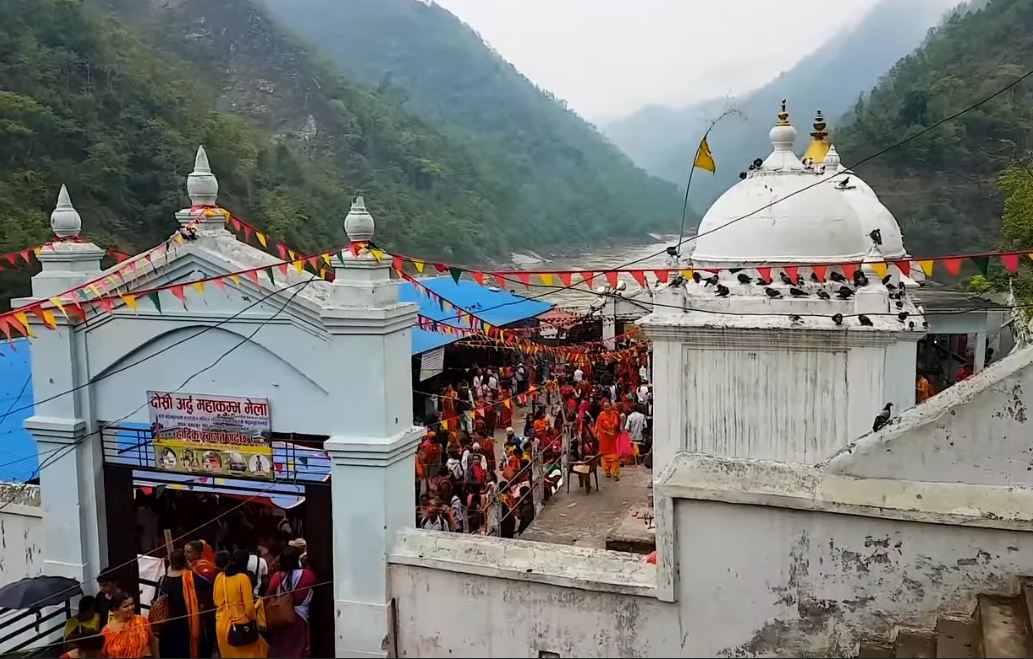




Leave A Comment